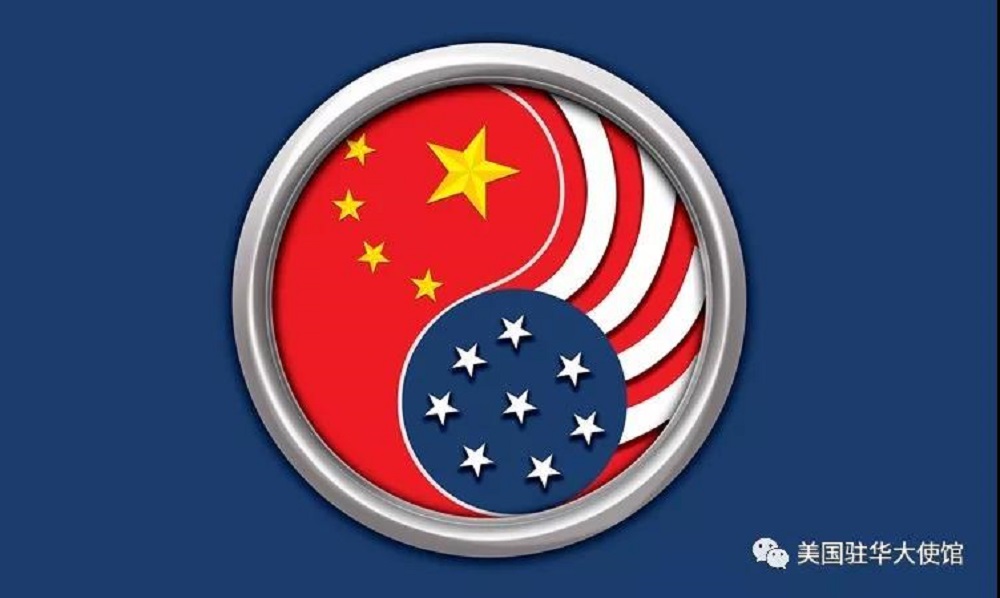
(中文声明来自美国驻华大使馆微信公众号)
2019年1月31日发布
过去两天,来自美国和中国的高级别官员就我们两国的经济关系进行了密集和富有成效的谈判。美国感谢整个会议期间刘鹤副总理和他的团队所做的准备、展现出的勤奋和专业精神。
这次谈判涉及了范围广泛的议题,包括:(1)美国公司被迫向中国公司转移技术的方式;(2)中国需要加强对知识产权的保护和执法;(3)美国公司在中国面临的众多关税和非关税壁垒;(4)中国对美国商业财产的网络盗窃造成的危害;(5)包括补贴和国有企业的市场扭曲力量如何导致产能过剩;(6)需要消除限制美国向中国出售制成品、服务和农业的市场壁垒和关税;以及 (7) 货币在美中贸易关系中的作用。双方还讨论了减少美国对中国巨大且不断增长的贸易逆差的需要。中国从美国农民、牧场主、制造商和企业购买美国产品是谈判的一个关键内容。
双方表示了愿意参与所有重大问题的良好意愿,并且各谈判会议以富有成效和技术性的讨论为特点,讨论了如何解决我们的分歧。美国特别关注在结构性问题和减少赤字方面达成有意义的承诺。双方同意任何决议将会完全执行。
虽然已经取得了进展,但仍有许多工作要做。唐纳德·J·特朗普总统重申,在布宜诺斯艾利斯同意的90天进程是一个严格的最后期限,如果美国和中国截止2019年3月1日不能达成令人满意的结果,美国关税将会增加。美国期待着在这些重要议题上与中国进一步谈判。
Statement of the United States Regarding China Talks
Issued on: January 31, 2019
For the last two days, high-ranking officials from the United States and China have engaged in intense and productive negotiations over the economic relationship between our two countries. The United States appreciates the preparation, diligence, and professionalism shown throughout these meetings by Vice Premier Liu He and his team.
The talks covered a wide range of issues, including: (1) the ways in which United States companies are pressured to transfer technology to Chinese companies; (2) the need for stronger protection and enforcement of intellectual property rights in China; (3) the numerous tariff and non-tariff barriers faced by United States companies in China; (4) the harm resulting from China’s cyber-theft of United States commercial property; (5) how market-distorting forces, including subsidies and state-owned enterprises, can lead to excess capacity; (6) the need to remove market barriers and tariffs that limit United States sales of manufactured goods, services, and agriculture to China; and (7) the role of currencies in the United States–China trading relationship. The two sides also discussed the need to reduce the enormous and growing trade deficit that the United States has with China. The purchase of United States products by China from our farmers, ranchers, manufacturers, and businesses is a critical part of the negotiations.
The two sides showed a helpful willingness to engage on all major issues, and the negotiating sessions featured productive and technical discussions on how to resolve our differences. The United States is particularly focused on reaching meaningful commitments on structural issues and deficit reduction. Both parties have agreed that any resolution will be fully enforceable.
While progress has been made, much work remains to be done. President Donald J. Trump has reiterated that the 90-day process agreed to in Buenos Aires represents a hard deadline, and that United States tariffs will increase unless the United States and China reach a satisfactory outcome by March 1, 2019. The United States looks forward to further talks with China on these vital topics.